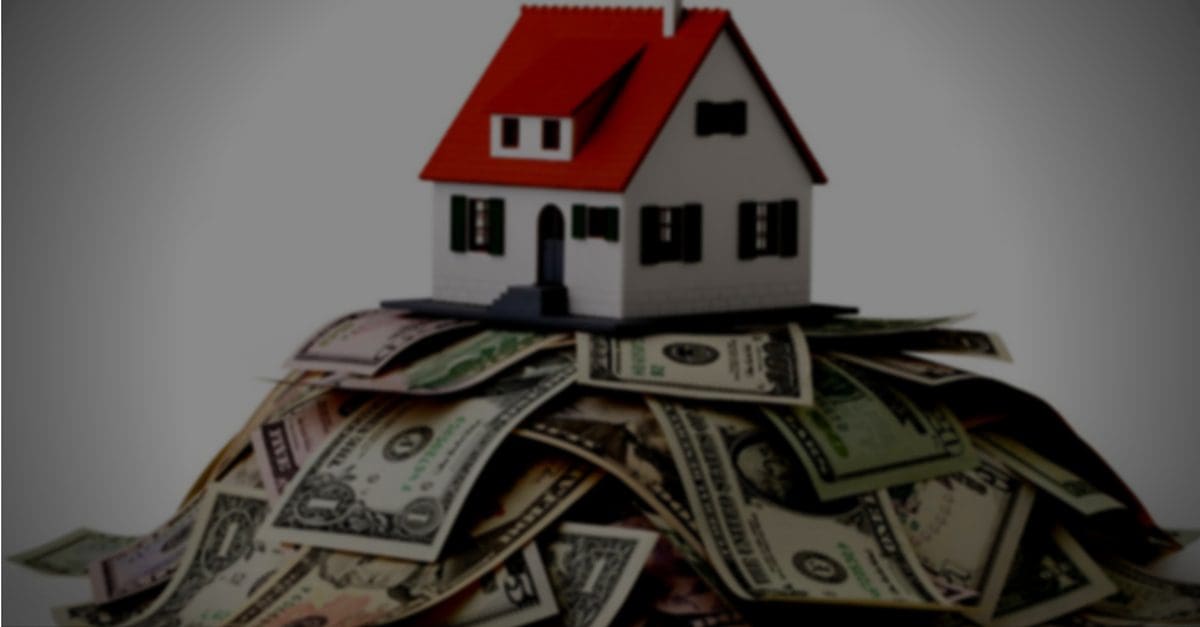Has the Texas House given up on meaningful property tax relief?
As the legislative session began in January, legislators filled the halls of the Texas Capitol with the song of a “new day” in Texas.
And for a while, that seemed to be the case.
After all, the decade-long reign of former Speaker Joe Straus had come to an end, and Dennis Bonnen was elected speaker unanimously. The days of hostility and open warfare between the Senate and the House were through. Speaker Bonnen, Lt. Gov. Dan Patrick, and Gov. Greg Abbott held press conferences together saying they were working in unison to tackle their two biggest priorities: reforming school finance and property taxes.
Right out of the gate, the two chambers released identical property tax reform bills, House Bill 2 and Senate Bill 2, seeking to give voters more control over their skyrocketing property tax bills by implementing mandatory elections when local taxing entities—like cities, counties, or school districts—set tax rates that increase overall burdens on existing taxpayers more than 2.5 percent.
In other words, the legislation would reform the system and slow down growth but would do nothing to scale it back entirely.
Texans were told by members of both chambers to look towards the omnibus school finance reform proposal for meaningful relief through rate compression. In March, House Bill 3 by State Rep. Dan Huberty (R–Kingwood) was filed, supposedly offering exactly that. Instead, a $9 billion spending bill was offered, and HB 3 would only allot $2.7 billion of that money to property tax relief by reducing school districts’ maintenance and operations rate, thereby reducing the amount of recapture (known informally as Robin Hood) paid by school districts.
Lawmakers rushed to praise HB 3 and sign on as coauthors to appeal to the loudest voices in the room, even though some lawmakers, like State Rep. Matt Krause (R–Fort Worth), acknowledged the “relief” contained within the bill would “not be substantial.”
When Huberty released the “runs,” or projected effect of the bill on each school district in Texas, Krause’s observation proved true. Many districts, the data revealed, are projected to have a temporary dip in their recapture rate before their payments resume their overall upward trajectory.
That’s not relief.
And what about the aforementioned reform measures?
Though HB 2 as filed would subject school districts to the 2.5 percent voter-approved rate, the committee substitute offered by the committee’s chairman, State Rep. Dustin Burrows (R–Lubbock), stripped them from the bill entirely despite school district property taxes making up the highest portion of the average Texan’s property tax bill.
In the Capitol, people were quietly told to watch for HB 3, where it would have to be reinserted due to suspiciously vague “legal reasons.”
But following the bill’s amendment prefiling deadline on Monday night, no magic amendment was found. In fact, no lawmaker—conservative or liberal—filed any amendment to increase property tax relief to a meaningful level or carry over the same voter approval measures initially found in HB 2.
So what does HB 3 do, then?
The version lawmakers in the Texas House are scheduled to vote on Wednesday spends $9 billion (almost the entirety of the state’s projected budget surplus) on schools while forcing taxpayers to take a back seat.
Moreover, those who have recently looked to the Senate to hold the line for taxpayers may be disappointed this year.
Though a last-minute school finance bill was filed in the Senate by State Sen. Larry Taylor (R–Friendswood), the bill was largely incomplete and lacked any meaningful property tax relief. Instead, the Senate’s plan has been to increase the homestead exemption as the legislature did four years ago. Taxpayers saw only a minimal amount of relief that was almost immediately swallowed up by rising appraisal values and tax rate increases.
Given the changes made to their version of the budget in the Senate Finance committee last week to match the House’s spending spree on education, it seems senators are content to let the House lead on this issue.
So where are we currently? Without a major shift in direction (not unheard of in Texas’ fast-paced legislative session), the Texas House seems poised to soon pass property tax “reform” that doesn’t address the biggest taxing entities in the state and to pass a $9 billion spending spree on education that fails to offer meaningful property tax relief to Texans. All of this while “conservative” lawmakers try to gaslight their constituents into believing the bills they pass do the opposite.
And Abbott, who appeared to take more of a leading role in the first weeks of session, has seemingly backed down, praising the stripped-down version of HB 2 passed out of committee last week. He did not respond to Texas Scorecard for comment on whether he supports leaving schools out of the voter approval measures.
Only with pressure from taxpayers can this trajectory be changed. And with 55 days left in the regular session, time is starting to run out.





